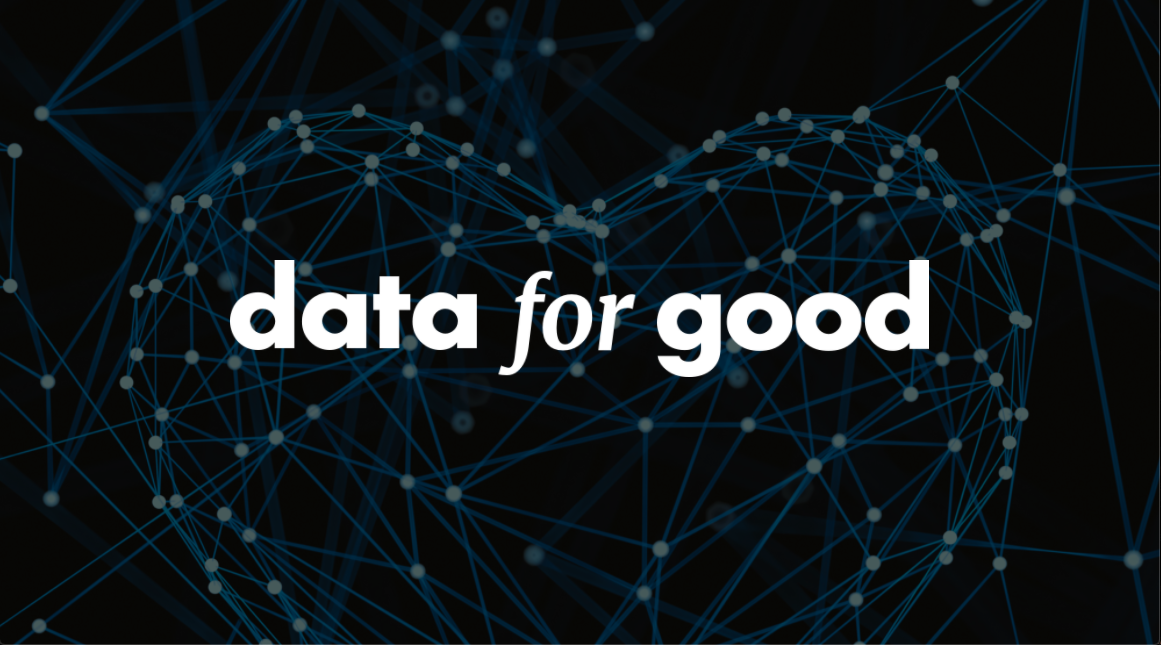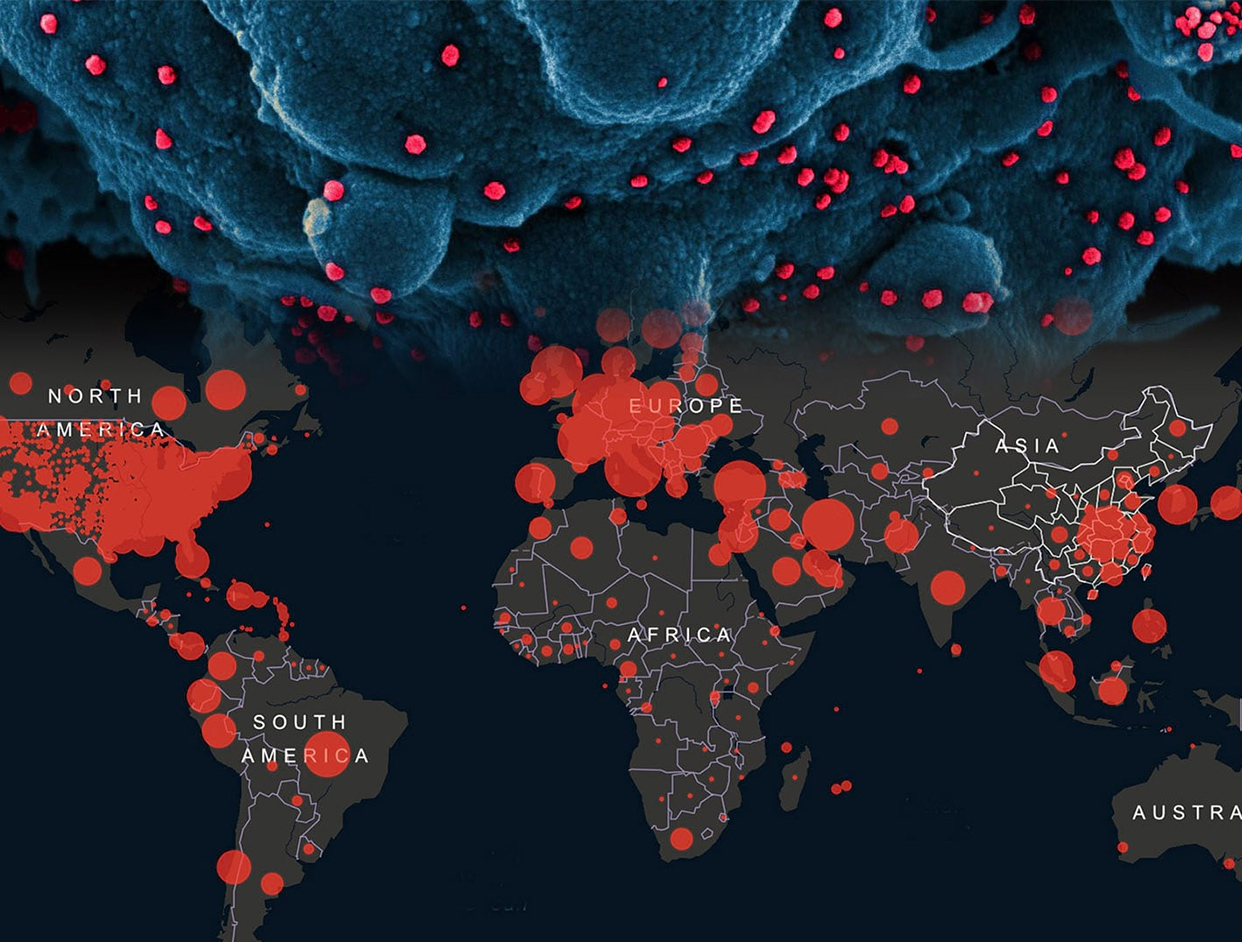The application of data science in the realm of human rights protection and social justice has emerged as a promising opportunity for effecting positive change in these critical areas. The proliferation of new technologies and the growing sophistication of data analytics tools has enabled us to better understand and address the systemic issues that threaten the health, safety, and well-being of vulnerable populations around the world. Data science has the capacity to provide early detection, early understanding, and early decision-making, which are essential to preventing or mitigating human rights violations, crises, and disasters. By gathering, analyzing, and presenting data in a manner that is easily understandable, data science has the potential to serve as a powerful tool for the protection and enforcement of human rights. The same technologies that are used for commercial purposes, such as algorithmic advertising, can also be harnessed to support more effective international development programs, humanitarian relief missions, and human rights protection endeavors.
In a world of abundance, curation is king. When one has everything available to them at their fingertips, the only thing left to do is to choose. Most people are drawn to their own niche interests and the part of the internet that caters and generates content towards those interests, providing many the opportunity to pursue something one would never have thought possible before, because there was never a perpetual audience in search of more content, and especially one that happened to match with someone’s interests. People already aggregate their news through Google or Apple, subscribe to newsletters for domain specific information, and listen to podcasts to keep up with their favorite topics. It’s curated all the way down.
"[W]e live at a time in which we have the technology easily to gather information about people thousands of miles away, the ability to significantly influence their lives, and the scientific knowledge to work out what the most effective ways of helping are. For these reasons, few people who have ever existed have had so much power to help others as we have today.” — William MacAskill
However, despite the potential benefits of data science, it is widely acknowledged that the distribution of its “good” is often uneven. For example, machine learning in the form of algorithmic advertising has generated billions of dollars in profits for private companies, while its impact on the public sector has been far more limited. In order to fully realize the potential of data science to effect positive change in the realm of human rights and social justice, it is crucial that its power be focused on the most pressing problems faced by populations that lack the "significant market power" of private firms.
In order to address this imbalance, the goal of data science should be to optimize its application in areas related to public health and welfare, rather than relying on data gathered for single social issues. By allowing data collected for other purposes to be applied to model these problems, data science has the potential to serve as a powerful tool for promoting human rights and social justice.
The impact of data science on human rights and social justice is evident in numerous real-world examples. Immigration officials in Switzerland used an algorithm developed by researchers at Stanford University and ETH Zurich to improve the placement of refugees in neighborhoods where they are more likely to find employment. In California, the Moulton Niguel Water District saved over $25 million through the use of data analytics to more accurately predict water resource demand. The Benefits Data Trust processed over 930,000 applications, representing $7 billion in benefits for individuals and families in need, by using data analytics to help connect people with public services. Thorn, a not-for-profit founded by Ashton Kutcher, has developed a piece of tech aiming to fight human trafficking and sexual exploitation of children via the dark web. It is used across all states in America. The software is called Spotlight and it makes tracking down traffickers easier and faster for law enforcement officials. Using data, they have developed a software that can analyze and track data to build stronger cases against perpetrators and locate victims. Spotlight uses NLP and machine learning to sift through daily ads which could potentially involve minors.
The United Nations Global Pulse has worked with the U.N. refugee agency UNHCR to create social media campaigns aimed at making people more receptive to serving as host communities for refugees. The U.S. Department of Housing and Urban Development is working with local government agencies to apply data science to combat homelessness, with a case management system that uses data analytics and digital technology to support people as they transition through the three stages of homelessness.The effective use of data science methods to address systemic inequality and to reduce variations in judgment across humans requires more than the adoption of the right technical approaches to the right data sets about people, institutions, communities, and systems. Collaborations between data scientists and domain experts in other disciplines, particularly the social sciences, are essential to design multifaceted, human-centered, and ethical solutions and prevent or minimize biased, inappropriate, or unintended outcomes. Interdisciplinary approaches to social justice shift the very questions we ask and how we interpret the results.
Data science is changing the face of human rights and plays an essential role for their protection. Early detection, early understanding, and early decision and analysis are essential to prevent or mitigate human rights violations, crises and disasters. Data science provides us with the technological capacity and tools to gather, analyze, and portray data vital to the protection and enforcement of human rights. The same tools for commercial use to generate more profits can also be used for more effective international development programs, humanitarian relief missions, and human rights protection endeavors.






